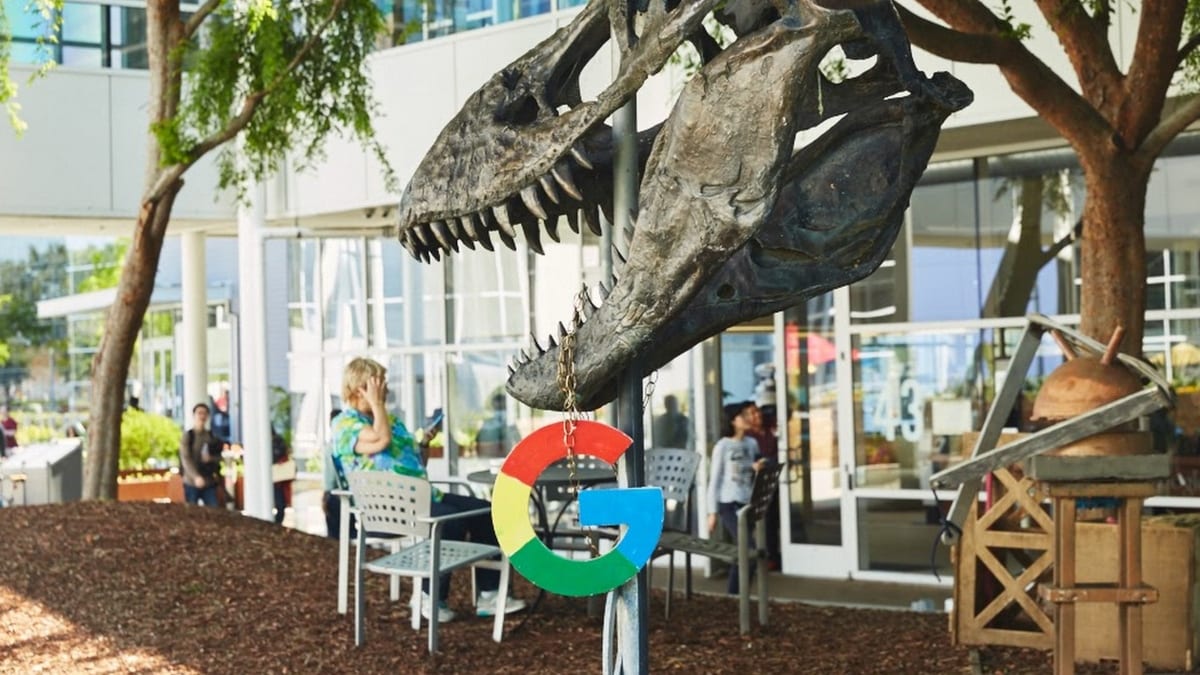
Google Removed These 16 Apps for Causing Battery Drain, Using Extra Data
Source : Gadgets 360
Google has reportedly removed 16 apps from the Play Store that were causing faster battery drain and higher network usage on users’ devices. The applications, which were identified by a security firm, allegedly performed ad fraud by opening web pages in the background to click on advertisements while masquerading as a real user, according to a report. The apps had a total of 20 million installations, according to the security firm, before they were taken down from the Play Store.
According to a report by Ars Technica, Google has removed 16 applications from the Play Store, which were detected by McAfee. The apps, which were previously available to download on Android smartphones and tablets, were listed as utilty applications allowing users to scan QR codes, turn on the device’s flash as a torch, or convert various measurements, as per the security firm.
The list of removed applications includes “utility” apps such as BusanBus, Joycode, Currency Converter, High-Speed Camera, Smart Task Manager, Flashlight+, K-Dictionary, Quick Note, EzDica, Instagram Profile Downloader, and Ez Notes.
McAfee found that these applications would download code once they were opened, which and receive notifications to to open web pages without alerting the user, clicking on links and advertisements. This activity would artificially raise the engagement on these ads, which is a form of ad fraud.
The security firm found that the apps that were removed came with adware code called “com.liveposting” and “com.click.cas”, libraries that would allow them to click on links and advertisements. This would take place without a user’s knowledge and cause additional battery drain and increased network usage.
Google told Ars Technica that all the applications were removed from the Play Store, and that Play Protect blocks these apps on users’ devices. However, McAfee’s report that the apps would download additional code after the apps were installed, suggests that they managed to bypass Google’s protections on the Play Store.







